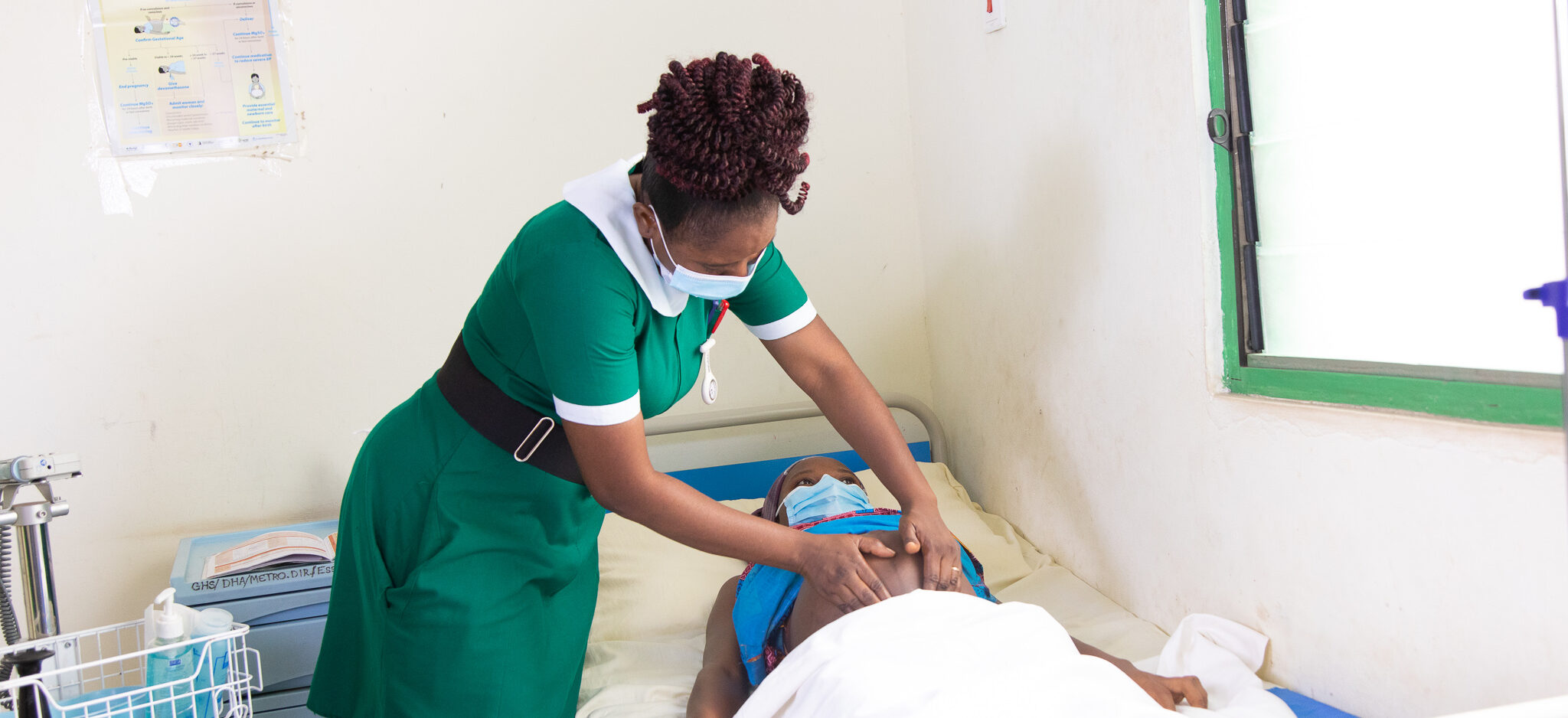
Introduction:
Midwives play a crucial role in providing comprehensive care to women during pregnancy, childbirth, and the postpartum period. In Ghana, where maternal and infant mortality rates have been high, midwives have been instrumental in improving the quality of care and reducing these rates. This assessment will outline the detailed process and responsibilities of a midwife during the assessment of labour in Ghana.
1. Initial Assessment:
When a woman arrives at the healthcare facility in labour, the midwife initiates the assessment process. The midwife greets the woman and establishes rapport, ensuring her comfort and addressing any immediate concerns. They collect relevant medical history, including the estimated due date, previous pregnancies, and any complications or risk factors.
2. Vital Signs and General Examination:
The midwife assesses the woman’s vital signs, including blood pressure, temperature, pulse rate, and respiratory rate. This helps to monitor the woman’s overall health and identify any abnormalities. Additionally, a general physical examination may be conducted to check for any visible signs of distress or complications.
3. Foetal Assessment:
The midwife conducts a fetal assessment to monitor the baby’s well-being. This typically involves the use of a handheld Doppler device or a Pinard stethoscope to listen to the fetal heart rate (FHR) and assess its variability. The midwife notes the FHR, fetal movement, and the presence or absence of meconium staining (indicating fetal distress).
4. Cervical Assessment:
Assessing the cervix is essential to determine the progress of labour. The midwife performs a vaginal examination to assess the cervix for its dilation, effacement, and station. These measurements help determine the stage of labour and provide valuable information for planning appropriate care and interventions.
5. Monitoring Contractions:
The midwife monitors the frequency, duration, and intensity of uterine contractions. This is often done by palpation, where the midwife applies gentle pressure to the woman’s abdomen to assess the strength and timing of contractions. Regular monitoring helps determine if labour is progressing effectively or if interventions are required.
6. Pain Assessment and Relief:
Assessing and managing pain during labour is crucial for a woman’s comfort and well-being. The midwife evaluates the woman’s pain level using subjective pain scales and assesses her coping mechanisms. Based on the assessment, the midwife may suggest non-pharmacological pain relief techniques such as breathing exercises, position changes, massage, or hydrotherapy. In some cases, the midwife may administer pain medication or arrange for an epidural if available.
7. Psychological and Emotional Support:
Labour can be an intense and emotional experience for women. The midwife provides continuous emotional support, reassurance, and encouragement throughout the process. They create a calm and safe environment, help manage anxiety or fear, and provide information about the progress of labour. This support is crucial for promoting a positive birthing experience and reducing stress.
8. Documentation and Communication:
Accurate documentation is vital for continuity of care and effective communication among healthcare providers. The midwife records all assessments, findings, and interventions in the woman’s medical records. They communicate with other members of the healthcare team, including doctors, nurses, and auxiliary staff, to ensure coordinated care and appropriate decision-making.
9. Emergency Preparedness:
During labour, unforeseen complications may arise that require immediate intervention. Midwives in Ghana are trained to identify potential emergencies and initiate appropriate actions promptly. They are equipped with the knowledge and skills to manage common obstetric emergencies such as postpartum hemorrhage, fetal distress, or shoulder dystocia. Midwives work closely with obstetricians and other healthcare providers to ensure a swift and effective response to emergencies.
Conclusion:
The assessment of labour by a midwife in Ghana involves a comprehensive evaluation of the woman’s physical, emotional, and psychological well-being. Midwives play a critical role in monitoring the progress of labour, ensuring the safety of both the mother and the baby, and providing appropriate interventions when necessary. Their expertise, compassion, and dedication contribute significantly to improving maternal and infant health outcomes in Ghana.